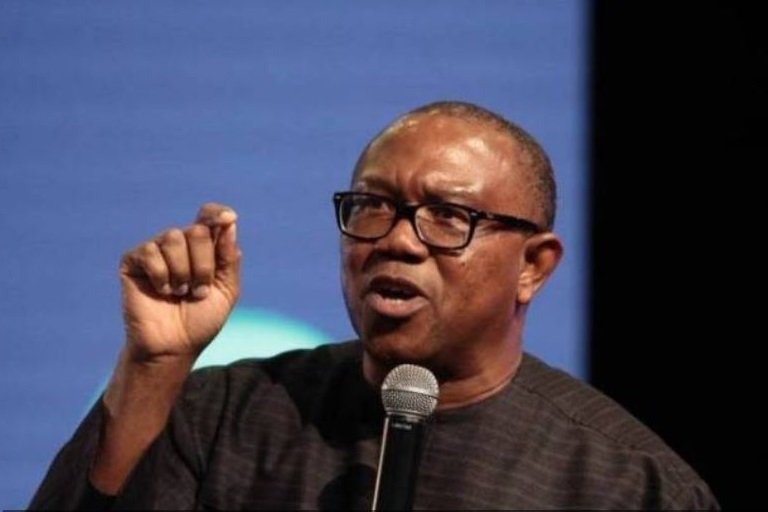The Socio-Economic Rights and Accountability Project (SERAP) has trained women from across the Niger Delta on how to use strategic litigation to fight exclusion, inequality and environmental injustice in their communities.
At a three-day workshop in Port Harcourt, supported by the Ford Foundation, women leaders, activists, traditional rulers, journalists and persons with disabilities shared stories of being sidelined in inheritance, decision-making and benefits from natural resources.
Mrs Naamon Grace, from Ogoni’s K-Dere community, recalled how women endured rape, torture and displacement during the environmental struggles of the 1990s, only to be forgotten in today’s clean-up process. “We fought, we suffered, but we were never recognised,” she said.
In Okwuisi, Ogba/Egbema/Ndoni LGA, Peace Mgbenwa lamented that women leaders are handpicked by men and often settle for token gifts instead of demanding rights. “We now understand our needs and how to achieve them,” she noted after the training.
For Martha Egbe, leader of the Voice of Eleme Women Association, pollution remains the biggest burden. “We can’t farm, we can’t fish. Women are the worst hit, yet the last remembered,” she said.
Responding, SERAP’s Deputy Director, Kolawole Oluwadare, pledged legal backing. “Our lawyers are taking records. We are going to support them,” he assured.
Experts at the workshop urged greater legal literacy and women-led platforms to close the justice gap. Journalist and activist Constance Meju described Niger Delta women as trapped by “money, political and legal illiteracy,” stressing the need for stronger sensitisation.
The training drew participants from Akwa Ibom, Bayelsa, Cross River, Delta, Edo and Rivers States, leaving many women determined to push harder for recognition, inheritance rights and fair access to the benefits of the oil-rich region.











